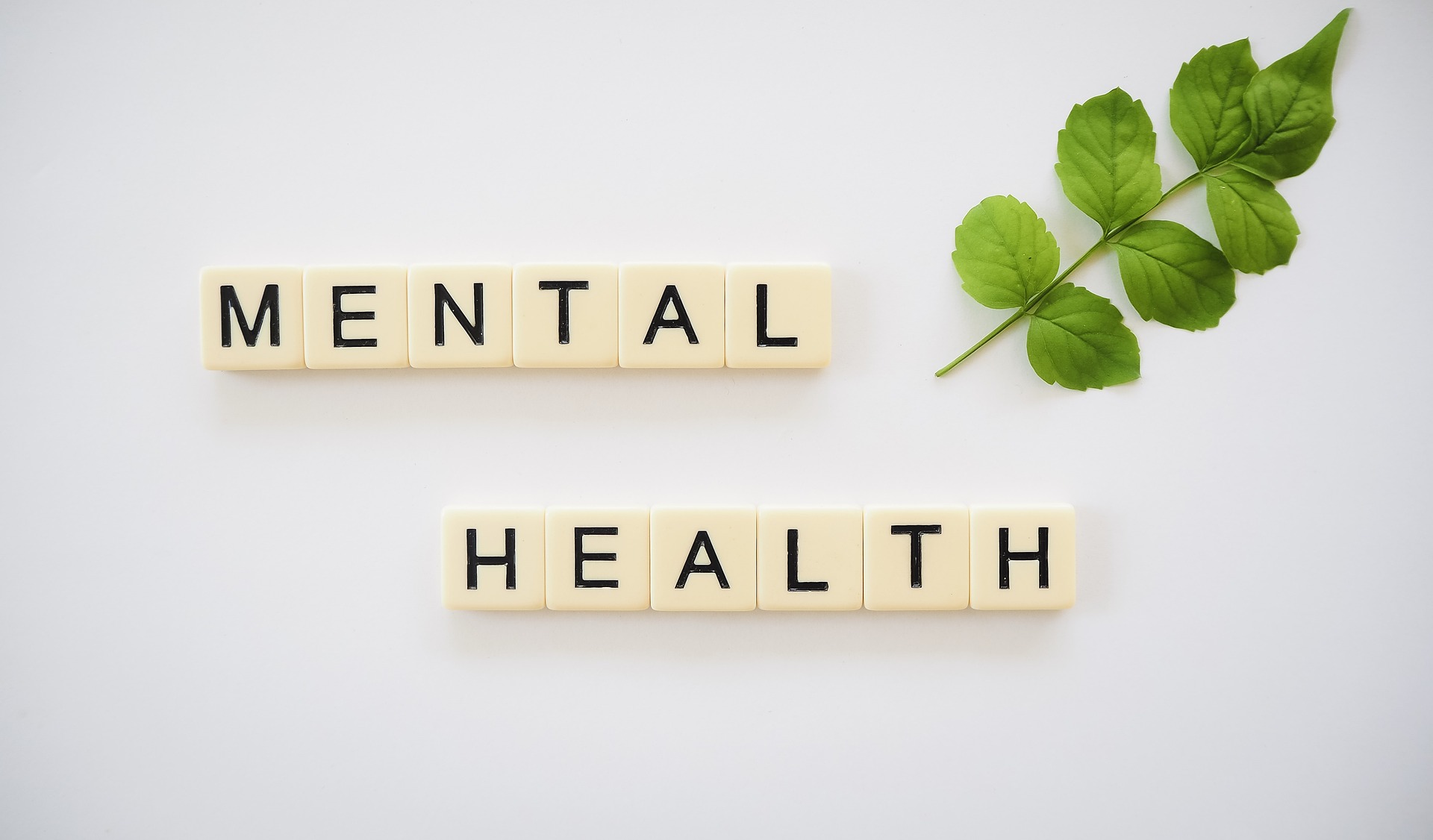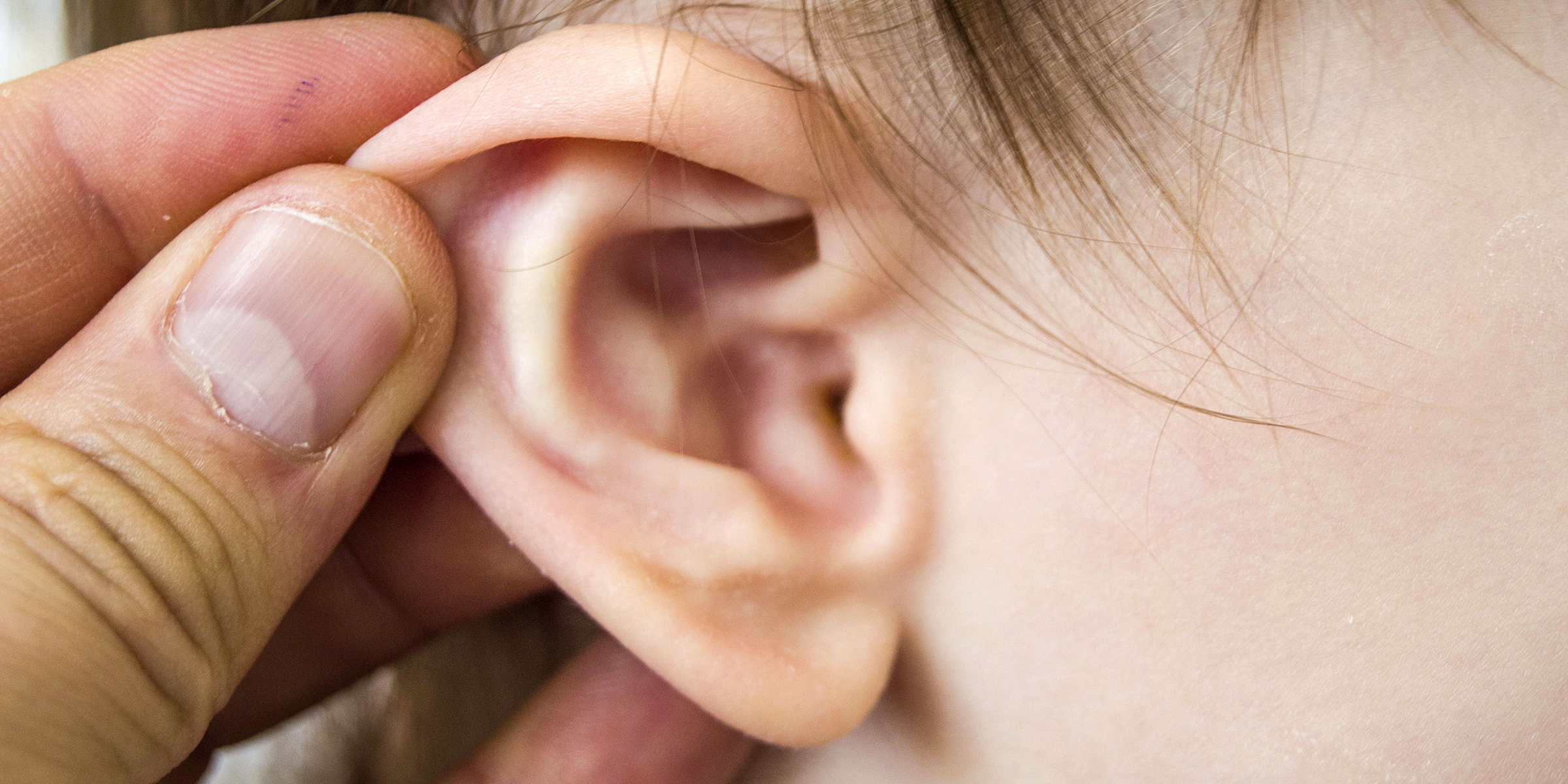Cognitive-behavioral therapy, or CBT, is a type of psychotherapy that is often used to treat a variety of mental health conditions, including anxiety, depression, and post-traumatic stress disorder (PTSD). The goal of CBT is to help individuals identify and change negative patterns of thought and behavior that contribute to their symptoms.

CBT is a structured, goal-oriented form of therapy that typically involves several stages of treatment. The first stage involves establishing a therapeutic relationship between the individual and the therapist. The therapist will work with the individual to develop a treatment plan that outlines the goals and objectives of therapy.
The second stage of CBT involves identifying negative thought patterns, or cognitive distortions, that contribute to the individual’s symptoms. These may include beliefs such as “I’m not good enough,” “Nothing ever goes my way,” or “I always make mistakes.” The therapist will work with the individual to challenge these beliefs and replace them with more positive, accurate thoughts.
The third stage of CBT involves developing new behaviors and coping strategies. The therapist may use techniques such as exposure therapy or behavioral activation to help the individual confront their fears and develop new ways of coping with stressful situations. The individual may also be taught relaxation techniques, such as deep breathing or progressive muscle relaxation, to help manage physical symptoms of anxiety.
Throughout the course of CBT, the therapist and individual will work collaboratively to monitor progress and make adjustments to the treatment plan as needed. CBT is typically a short-term treatment, lasting anywhere from 8-20 sessions, depending on the individual’s needs and goals.
Research has shown that CBT is an effective treatment for a variety of mental health conditions, and it is often used in conjunction with medication for optimal outcomes. CBT can be delivered in individual or group settings, and it can be adapted to meet the unique needs of each individual. If you’re struggling with symptoms of anxiety, depression, or other mental health conditions, CBT may be an effective treatment option for you. Talk to your healthcare provider about whether CBT is right for you.
The National Health Service (NHS) provides an overview of cognitive-behavioral therapy (CBT), which is a type of talking therapy used to treat a range of mental health conditions. CBT aims to help individuals identify negative patterns of thought and behavior and replace them with more positive ones. This involves working with a therapist to challenge negative beliefs, develop new coping strategies, and gradually confront situations that cause anxiety or fear. The NHS notes that CBT is typically a short-term treatment, lasting between 6-20 sessions, and it is often used in combination with medication for optimal outcomes. CBT is evidence-based and has been shown to be effective in treating conditions such as anxiety, depression, and post-traumatic stress disorder (PTSD).
- The American Psychological Association has a helpful overview of CBT, including how it works and what to expect in a typical session: https://www.apa.org/ptsd-guideline/patients-and-families/cognitive-behavioral
- The National Institute of Mental Health provides information on CBT as a treatment option for various mental health conditions, including anxiety, depression, and PTSD: https://www.nimh.nih.gov/health/topics/psychotherapies/cognitive-behavioral-therapy-psychotherapy-for-anxiety-and-depression.shtml
- The Beck Institute, founded by Aaron T. Beck, one of the pioneers of CBT, offers training and resources for mental health professionals looking to learn more about this type of therapy: https://beckinstitute.org/
- The Anxiety and Depression Association of America provides a database of licensed mental health professionals who specialize in CBT and other evidence-based treatments for anxiety and depression: https://adaa.org/finding-help/treatment/therapy
- The Centre for Clinical Interventions provides a variety of self-help resources for individuals interested in learning more about CBT and how to apply its principles to manage their own symptoms: https://www.cci.health.wa.gov.au/Resources/Looking-After-Yourself




